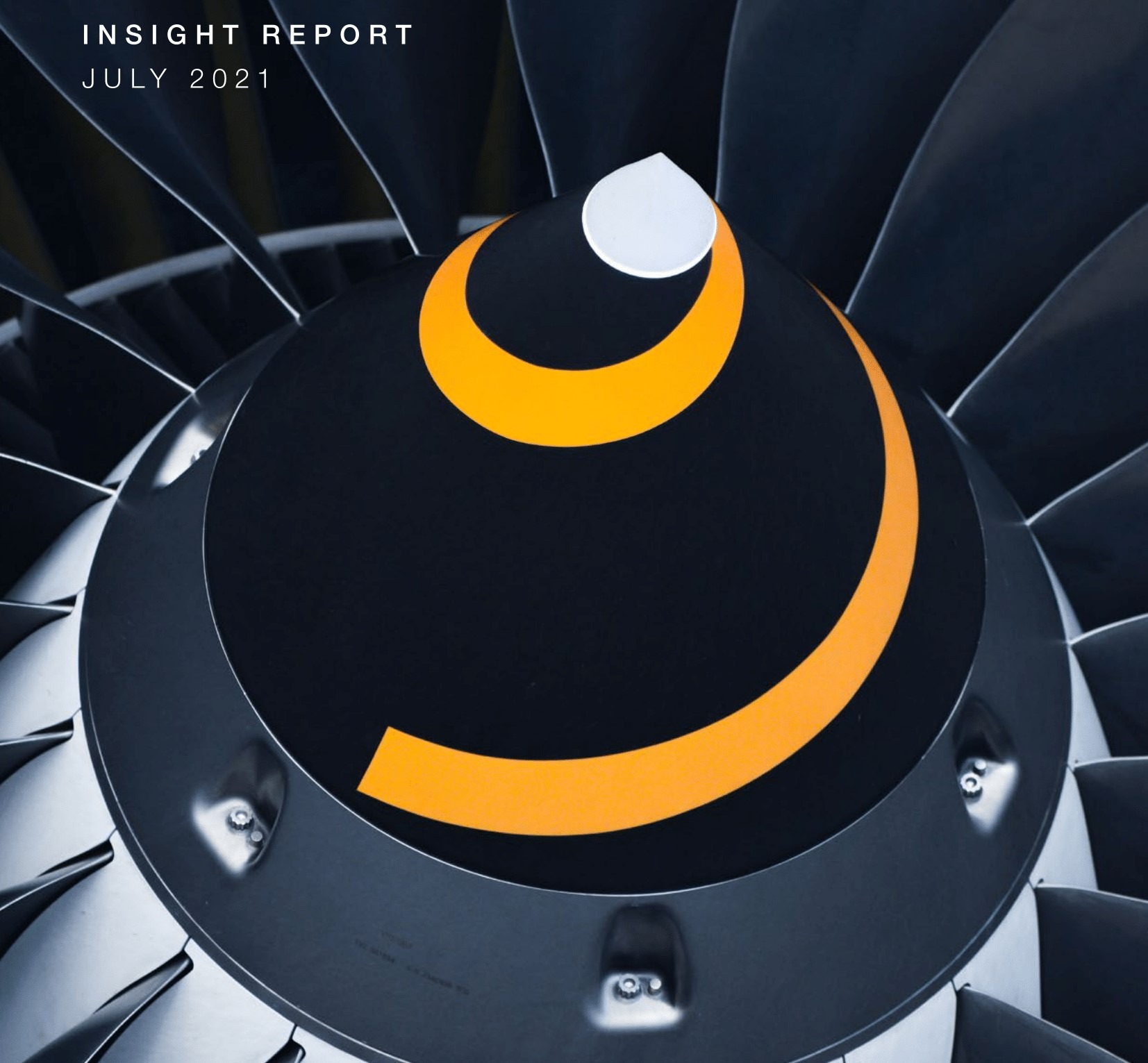The new policy brief by the Clean Skies for Tomorrow initiative finds that, with the right set of supportive measures, SAF production can feasibly ramp up to 10% of total European jet fuel consumption by 2030. Members of the Clean Skies for Tomorrow initiative (CST), from across the European aviation value-chain, have expressed their support for and provided recommendations on the implementation of an ambitious European SAF (Sustainable Aviation Fuels) blending mandate, which is currently under consideration by policymakers as part of the upcoming Refuel EU Aviation initiative expected to be published mid-July.
The Guidelines for a Sustainable Aviation Fuel Blending Mandate in Europe assesses the feasible ramp-up of SAF production in Europe to inform the level of the proposed SAF blending mandate over the next decades, estimates the level of public financial support required to meet this volume of SAF production, considers options for mitigating competitive distortion effects from the introduction of the policy and proposes solutions to currently unresolved questions relating to the design of the SAF blending mandate.
Using tight sustainability criteria with regards to feedstock availability, the analyses, developed by the Energy Transitions Commission for CST, find that SAF could account for 10% of jet fuel usage in Europe by 2030 (about 6.5 Mt per year) if supported by appropriate and timely measures. These include the immediate announcement of a blending mandate with increasing targets over time, essential to underpin the investment case for SAF plants by creating certainty of future demand, as well as public financial support to de-risk investment in SAF pathways, and policies ensuring preferential access to sustainable biomass resources for aviation. The brief also suggests an intermediary blending mandate of 2-5% of total European jet fuel consumption by 2025, which could be met by existing and already planned sustainable fuel plants.
The CST initiative, led by the World Economic Forum and supported by the Mission Possible Partnership, brings together leaders from across the aviation value chain and aims to facilitate the transition to net-zero flying by mid-century through the use of Sustainable Aviation Fuels (SAFs) and other clean propulsion technologies. Members of the CST who have backed the policy proposal include: Airbus Group, bp p.l.c., Copenhagen Airports AS, Deutsche Post DHL Group, Groupe ADP, Heathrow Airport, International Airlines Group, KLM Royal Dutch Airlines, Kuehne+Nagel, LanzaJet, LanzaTech, Neste, Norsk e-Fuel, Rolls-Royce plc, Royal Dutch Shell, Royal Schiphol Group, SkyNRG, Sunfire, the Boeing Company, TotalEnergies and Velocys.



